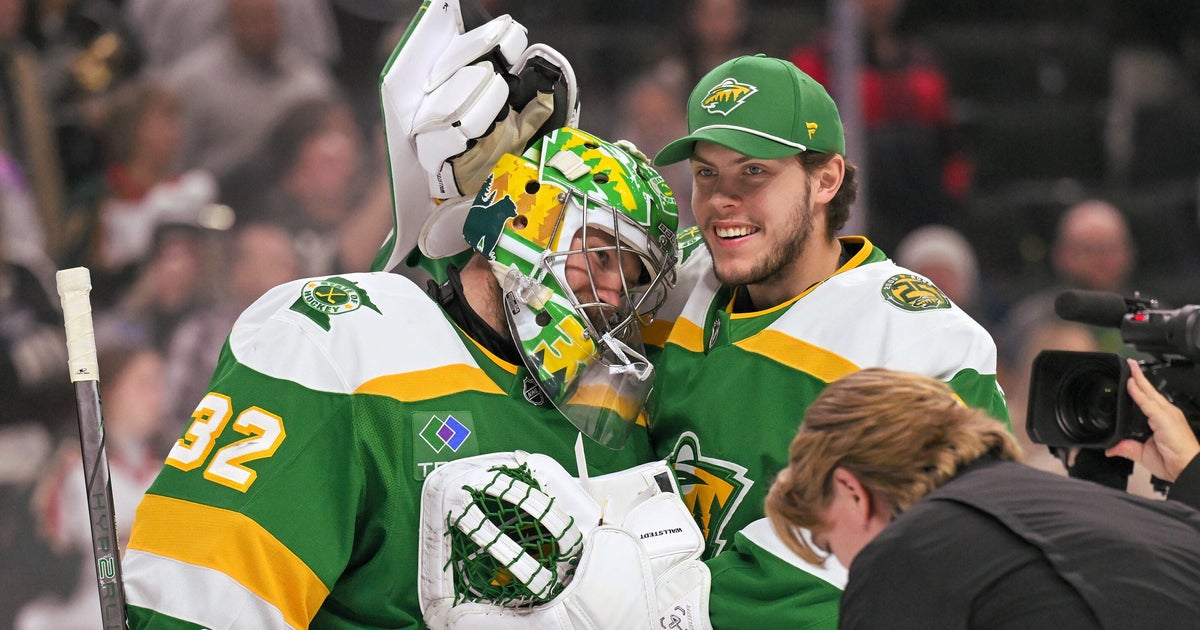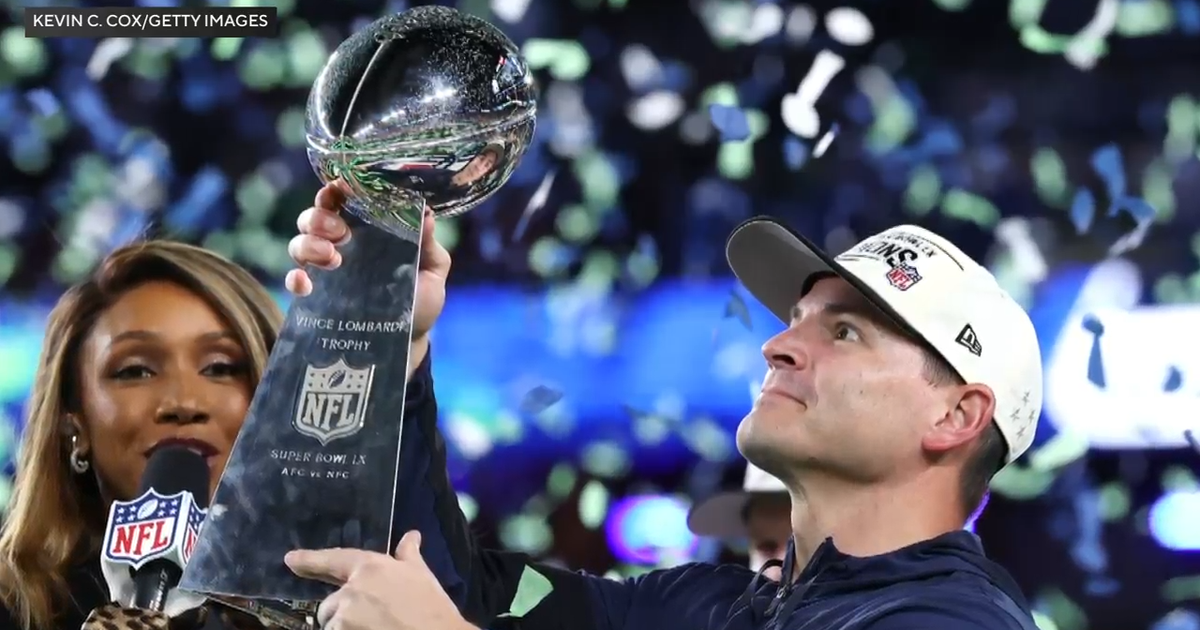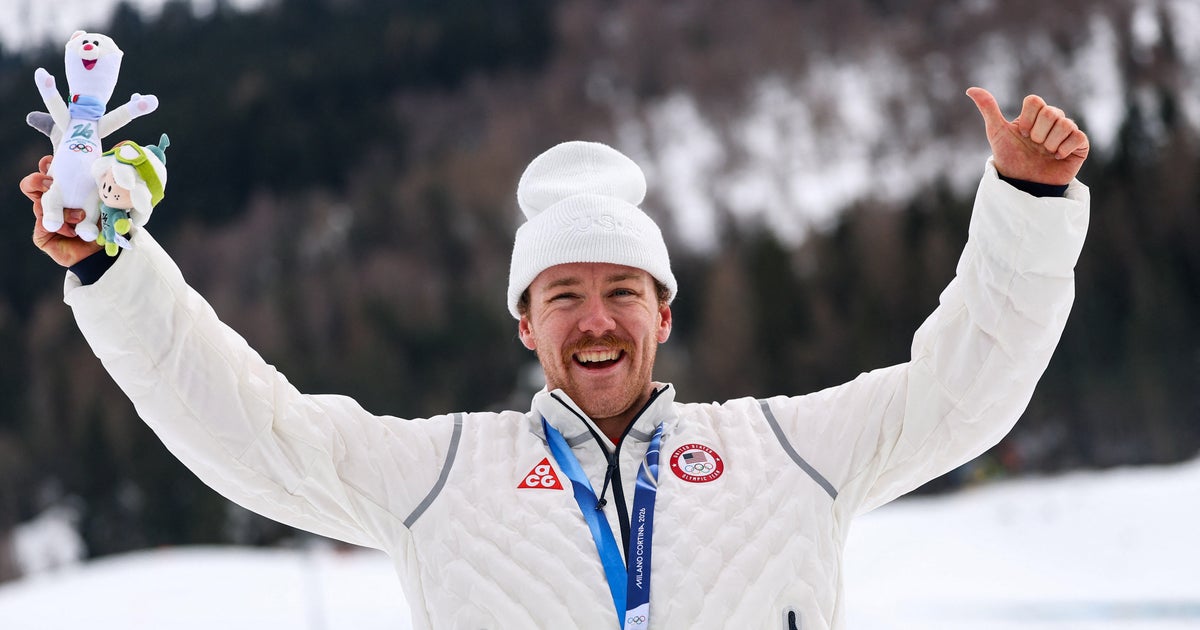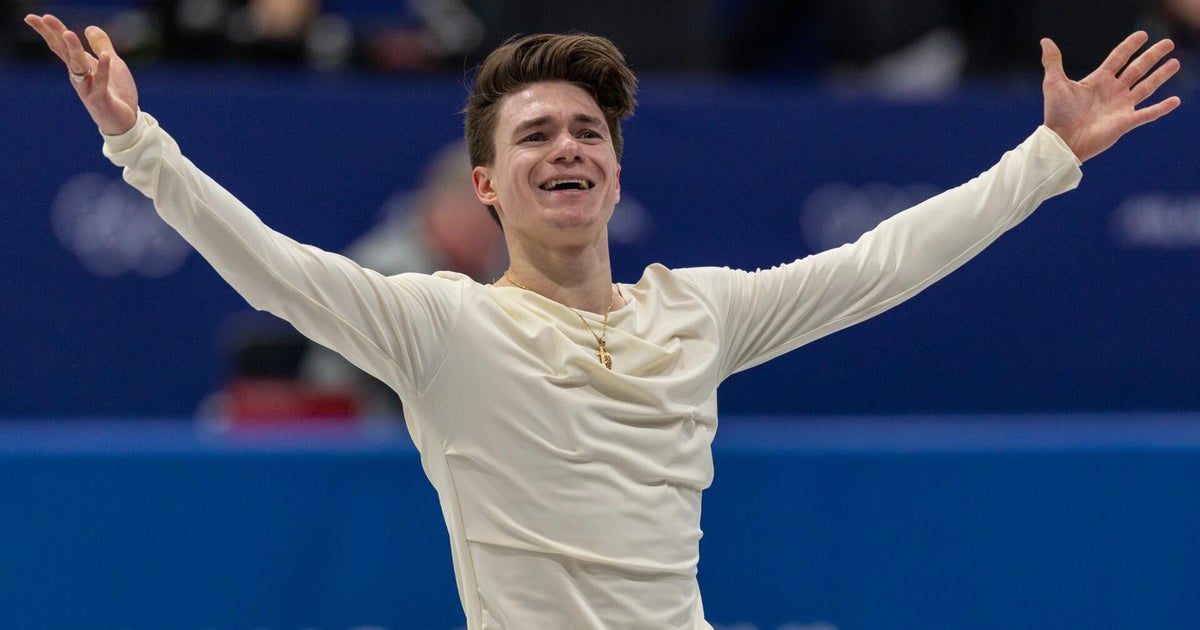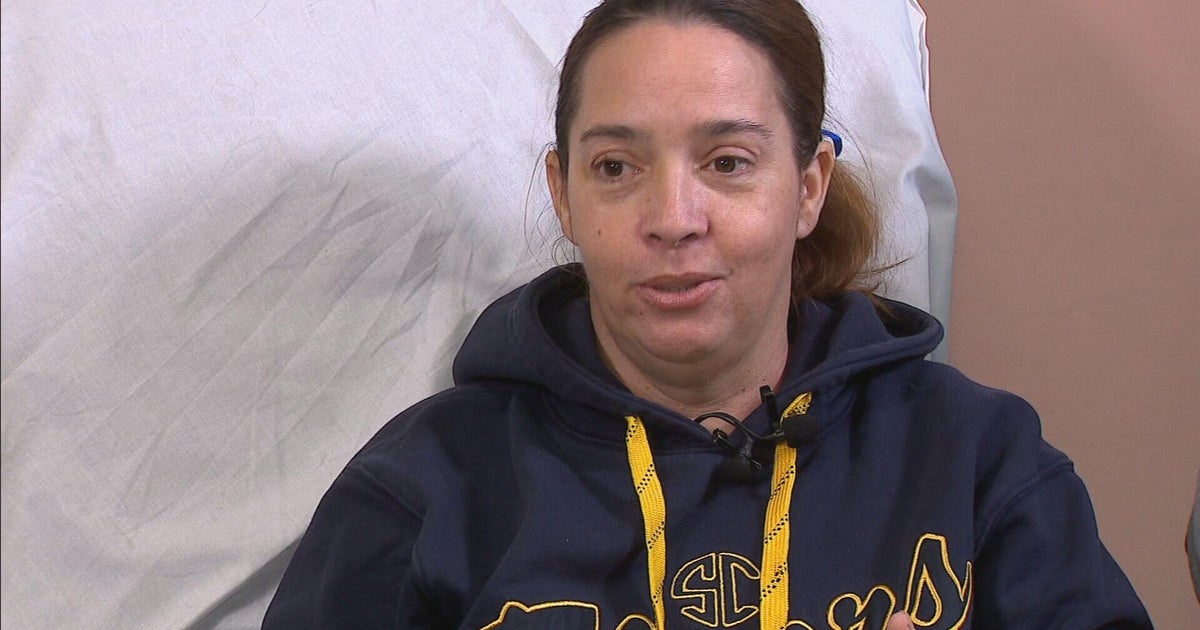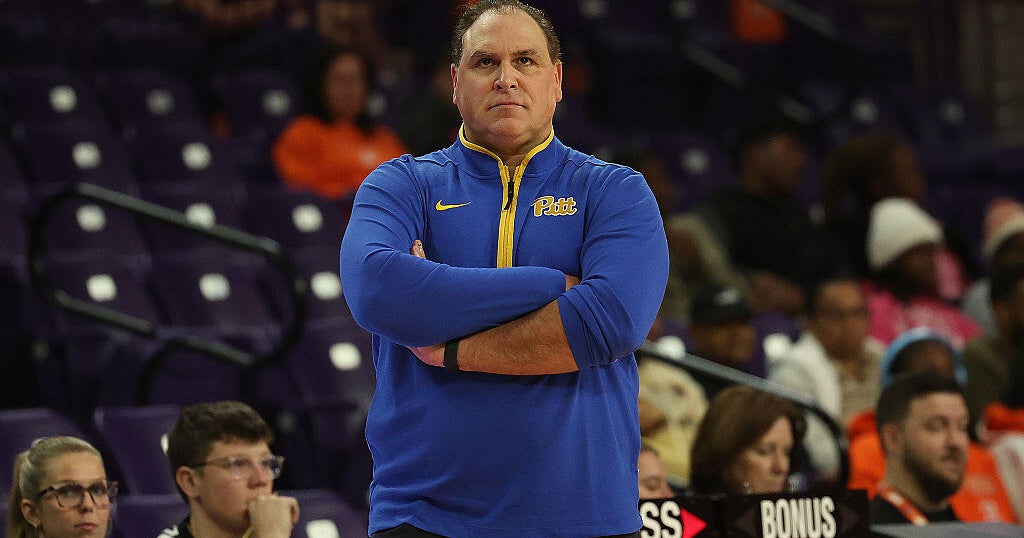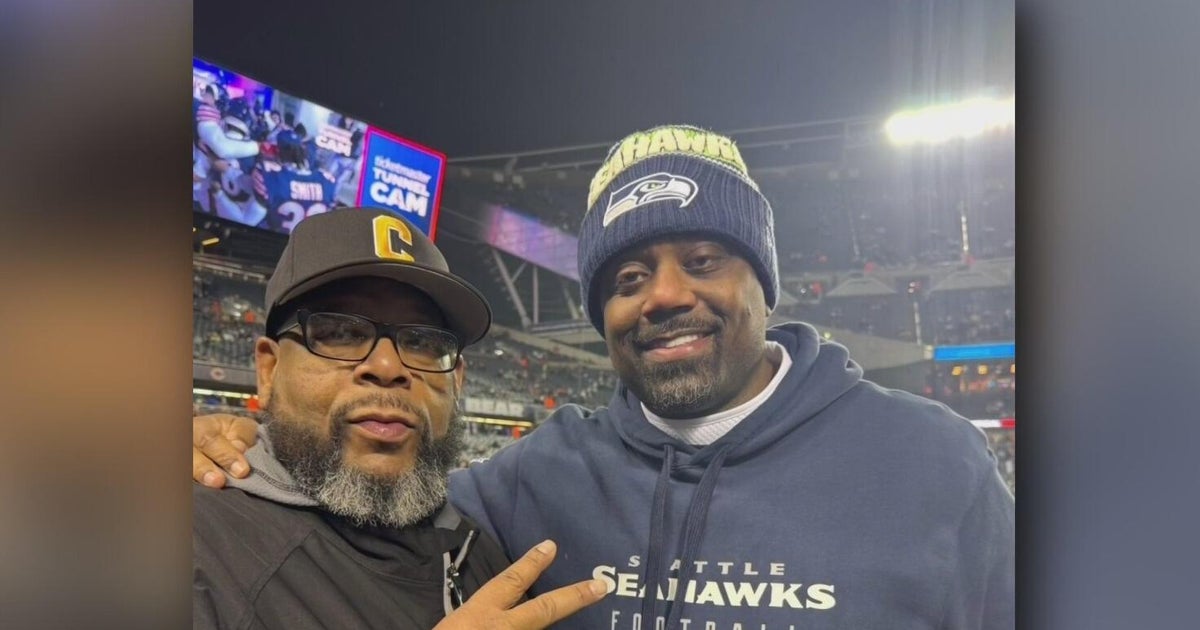Puck Talk With Popchock: Universal Antidote
By Matt Popchock
I really don't have much to say about the first-ever NHL All-Star Player Draft that commenced Friday night except, if I got a new car every time I was picked last for a team, I wouldn't have to write this.
Aww, poor Kessel. And hey, how come Toews didn't get picked sooner? Letang and Fleury, head to head? I gotta see that! Break up the Sedin twins? Oh no they didn't!
This is the kind of banter Gary Bettman wants to hear in establishments and living rooms all across the continent.
Not so fast, commish.
After all, if a puck is dropped, but no one is around to hear it, does it really make a sound?
When the puck drops on the 2011 NHL All-Star Game in Raleigh Sunday evening, I expect to hear plenty of sounds. Unfortunately for Mr. Bettman's sake, those sounds will be the cacophony of voices coming from TVs being channel-surfed.
His intentions were noble. He wanted to spice up an event that everyone knows needed a Queer Eye-caliber makeover, and he tried to do it by pumping up office (or should I say "off-ice?") politics through a player-controlled draft while, at the same time, not entirely denying the fans their longtime say in the matter.
The fans didn't fail. But in due time, this format will. Although their vote may have benefited just two teams, no one can deny the six Penguins and Blackhawks that were chosen are worthy. Having said that, does anyone, including the players, really care whether they end up on Team Staal and/or Team Lidstrom? From a ratings standpoint Bettman would do just as well having Team Edward and Team Jacob play.
Exploiting individual rivalries and other sources of animosity might have worked for Crosby and Ovechkin, but it won't work when such talent is hand-picked for teams that will only meet once for a game that manifestly means nothing.
It is admittedly a refreshing change of pace to see the league's best put into a melting pot instead of being constrained by stodgy Eastern and Western Conference boundaries. That's still no guarantee of a more exciting brand of hockey, and for the casual fan, it doesn't make the game any easier to follow.
Improving the NHL All-Star Game won't be easy, especially with the two most gifted players from one of the league's most watched teams not well enough to play. In general, fans just don't respond to such events the way they used to, regardless of how they evolve.
For that, I'm going to take the same tack our parents often would whenever someone did something wrong: I'm going to blame TV.
Even as a hockey geek and a Penguins fan, I'm not necessarily upset I missed live coverage of Kris Letang's coronation as fastest (backwards) skater in the SuperSkills Competition, and, in all probability, I won't watch the main event in its entirety either. Once upon a time, both were appointment television for hockey fans young and old.
That was before the digital revolution. Like any All-Star Game, the whole point of the NHL's midseason classic was to showcase the best of the best, many of whom wouldn't normally be seen, depending on where you lived. Now, with the Internet and cable television being what they are, I can conceivably see any player or team any time I want.
So how can the league reinvent what has become obsolete? Hockey, with the possible exception of soccer, is arguably the most diverse sport in the world. Let's celebrate that diversity by giving All-Star Weekend some decided international flavor and bringing back the North-America-versus-The-World format.
In addition to allowing Mario to buy the Pens, it's on a short list of things Bettman and the NHL got right in the 1990's. To fully appreciate hockey, one must have a world view of the game and realize the best players on the planet don't always come from ponds and makeshift backyard rinks in Minnesota or Manitoba anymore. This unprecedented All-Star format was a good way to showcase the impact one hemisphere of the hockey world has had on another. As a kid, I got a kick out of seeing if elite players from our part of the world could skate on even terms with elite players from theirs.
I wasn't disappointed, and the new generation of hockey fans won't be either. In the five years the league tried the North-America-versus-The-World format, the former won three of those contests, and the World All-Stars' 9-4 victory at Toronto's Air Canada Centre in 2000 was the only one-sided meeting of the bunch. During that span, the two sides each averaged at least seven goals per game, and the World All-Star teams accounted for 42 of the 81 total scored. The risk of unintentionally staging a ho-hum game is quite low.
Yes, it's glorified pond hockey. Yes, it's no-contact hockey, relatively speaking, which doesn't seem like much fun to you and I. However, an intelligent fan can appreciate a high-scoring game without the level of rowdiness as a garden-variety regular season game, especially when gritty North Americans have to go outside their comfort zone and play the more fluid European style for the sake of international competition. Because if there's one thing we've learned about hockey players, it's that international rivalries will always matter more than arbitrary ones.
In 1972 Paul Henderson became a legend when he scored for Canada to beat the Russians in the emotional eight-game Summit Series. The moment at which Pittsburgh's "Le Magnifique" and Edmonton's "Great One" hooked up for a game-winning goal over the old Soviet Union in the 1987 Canada Cup is also regarded by our friends north of the border as one of the signature ones in their nation's athletic history.
Eight years earlier, when the All-Star Game was temporarily replaced by the Challenge Cup, the USSR won the rubber match of the three-game series against the NHL All-Stars by a 6-0 score, a result that the NHL considered a tremendous slap in its face. Former league commissioner John Ziegler, perhaps angry over the defeat, vowed afterward he would never allow Soviet players to emigrate to the NHL (which did later happen under his watch), claiming he disagreed too strongly with the way the Russian hockey program was run.
By the way, does the phrase "Miracle on Ice" ring a bell?
The fun wouldn't just be seeing West vs. East (in the global context). It would also be seeing the United States and Canada have to put aside their own rink rancor and work together. Last year, the Penguins' locker room was split right down the middle, with two different groups of players screaming at different times toward their TV after a game as the U.S. upset Canada in the World Junior Championships. Max Talbot, in an interview with 93.7 The Fan's Gregg Giannotti, once admitted to weeping openly in the privacy of his home when Crosby scored to give Canada the gold in Vancouver.
Playing for a salary--or a new set of wheels--is one thing. Playing for pride is something wholly other. That's what's at stake when guys from differing backgrounds collide in an event that celebrates those backgrounds...like the Olympics. The 2010 installment of the Winter Games gave us some of the least violent, but also some of the most compelling hockey we've ever seen. From a capitalistic standpoint, it drew record TV audiences. The dissimilarity with the more physical NHL style of play went barely noticed.
Then again, to borrow the famous lyric from Cyndi Lauper, money changes everything. Ilya Kovalchuk, Marian Hossa, and retired prodigal Jaromir Jagr can attest to that. They've made us well aware of what the almighty dollar means to European players and makes them do. Why not throw a few extra their way if the World All-Stars prevail over their North American counterparts?
It's quite the outside-the-box idea, but it doesn't seem that farfetched when thought through logically. Besides, the NHL has already shown a willingness to smash conventions on a smaller scale by changing this year's All-Star format, so let's do it again by giving cash bonuses to each of the players on the victorious All-Star team and a lesser bouns to the other. The sums can be negotiated between the league and the players' union, and the league can reserve the right to raise or lower them in direct proportion to revenue. In the interest of preventing unbridled greed and preserving the innocence of the event, perhaps a portion of that money could be set aside for charities the players agree upon.
Go ahead and scoff, but don't deny it...money has a tendency to make us do things we might not do otherwise, like work our tails off in a hockey game that counts for nothing in the standings. It's a fact of life.
None of this is going to happen anytime soon, especially if it took this long for the NHL to gets its head out of its own past. But the past wasn't all bad. Celebrating the universal growth of hockey and reigniting international sparks by bringing back the international All-Star format can potentially light a fire under a concept that has gone cold. What better way to try and recapture some of that Olympic excitement without overexhausting players or letting them sit on the shelf too long?
Now if you'll excuse me, I've got to get home and see what else is on tonight.
For more of the latest news and views on the Penguins and the NHL, be sure to tune into "The Penalty Box with Tom Grimm," Saturday mornings on SportsRadio 93.7 The Fan, and also check out the "Puck Talk with Popchock" video blog on 937thefan.com!
